15 Networking And Data Center Upstarts To Look At Right Now

New Around Here?
The channel has no shortage of interesting emerging vendors, fascinating upstarts and well-regarded newcomers. But here are 15 alternative vendors in particular, specific to networking, data center and infrastructure, that have made their channel ambitions known and are making moves to back those ambitious up.
Are any of these 15 companies going to be major North America channel players down the road? It will be worth checking back in a year to see how much progress they've made with partners and market traction.

Talari Networks
Talari Networks is fond of describing itself as a complement, not a competitor, to traditional WAN optimization solutions. The company's Adaptive Private Networking (APN) products work similarly to how Redundant Array of Independent Disks (RAID) technology is used in storage, relying on RAID-like techniques, various algorithms and overlay networking to draw multiple IP bandwidth sources to WAN connections. As new CEO Emerick Woods recently described to CRN, Talari is looking at ways to make Talari deployments more profitable for partners, and its buzz has already attracted some heavy hitters in the data center channel.
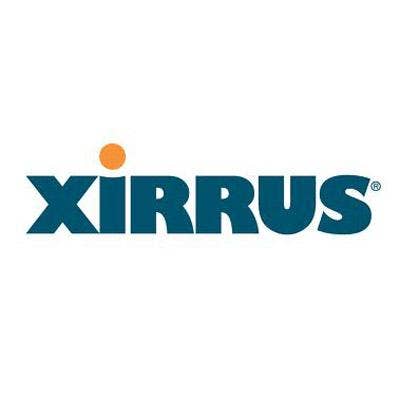
Xirrus
After a few years marinating, Xirrus in 2010 finally launched the Xirrus Partner Program, and now has about 70 solution provider partners. The goal, in no uncertain terms, is to sell 100 percent of its Wi-Fi Arrays through channel partners, and to build Xirrus into a wireless segment power that helps partners take advantage of cloud computing, the explosion of Wi-Fi enabled mobile devices and the rush to secure those devices.
"We're one of the best kept secrets -- a clever company, very innovative, and I've been given a lot of rein to build the partner program in the U.S.," said Kevin Hollenbach, vice president of sales for North America.

Ring Central
Fast-expanding hosted VoIP provider RingCentral nabbed $10 million in Series D funding in September, but the real story is its year-old channel program, which is expected to contribute to as much as 15 percent of RingCentral's overall revenue in 2011. If that's true, RingCentral's doing something right, seeing as its channel presence has been more or less nonexistent since its 2003 founding.

Blue Jeans Network
Among the newest videoconferencing players, the buzz is perhaps loudest for Blue Jeans Network, a two-year old startup that emerged from stealth mode this summer and confirmed commercial availability of its any(ware) video conferencing service. The hook is compelling: the Blue Jeans platform is a cloud-based video "meeting room" from which users host, schedule and manage their own video conferences via a Web interface. Blue Jeans can bridge a wide range of different video and audio protocols, meaning that a group of users connected on high-end telepresence systems, low-end desktop systems, Webcams with Skype and telephones can all participate with no fuss. Some of the industry's better known video integrators and service providers have already signed on as partners.
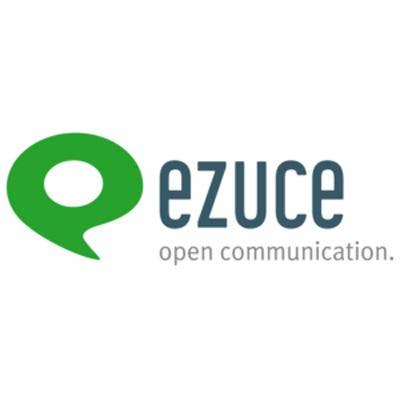
eZuce
It's been a little more than a year since eZuce emerged from stealth mode and later went live with the EZ Partner Program -- part of a channel charge designed to move its UC software package through knowledgeable PBX and unified communications-focused solution providers. Specifically, eZuce's UC suite is built on native Session Initiation Protocol (SIP) technology and installs on a physical server, positioned as a more flexible alternative to UC suites from Microsoft, Siemens, Avaya and others.

Aerohive Networks
The wireless space is a hugely competitive market segment, with long-established powers like Cisco and Aruba Networks battling a wide-range of upstart vendors like Ruckus Wirless and Meru Netowrks, not to mention bigger networking vendors not previously known for their WLAN expertise, like Juniper and Adtran, buying their way into the space. So credit Aerohive Networks this: with all that noise, the company has grown its channel mindshare, expanded its partner program, continued to see venture capital investment, and targeted the cloud through the integration of products it gained through acquiring Pareto Networks in January. Keep an eye on Aerohive. Partners are.
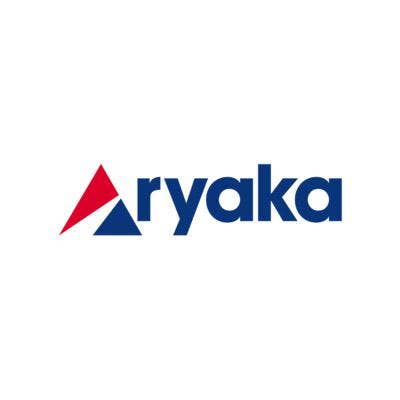
Aryaka
Aryaka copped $15 million in Series B funding in June, and has been around about three years now following its founding by several Speedera and Akamai alumni. The hook is WAN optimization as-a-service, and Aryaka says it can use proxy servers, redundancy removal and other techniques over its own private network to power WAN optimization worldwide, managed by 25 globally distributed points of presence. If WAN optimization is moving toward the as-a-service model and away from hardware appliances like Aryaka contends, the VARs, referral agents, service provider and IaaS providers that are beginning to partner with the company will have gotten in on the ground floor.

Big Switch Networks
There's growing consensus that networking virtualization is the next great virtualization frontier for solution providers, and if that's true, Big Switch Networks is ideally positioned to score. Founded in 2010, Big Switch uses the OpenFlow switching and communications protocol, which addresses packet routing on a software layer that's separate from a network's physical infrastructure. The company has attracted some heavy-hitter executive talent to its ranks as of late, including well-known sales and engineering executives from Avaya, Arista Networks and VMware.
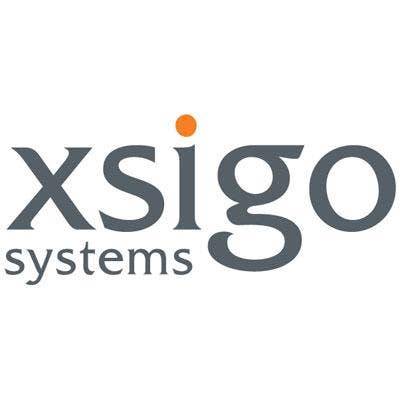
Xsigo
Xsigo Server Fabric, released in August, turns Xsigo's I/O Director hardware product into a switch for managing virtual machines, enabling one-click network connections that can connect a data center's virtual machines to other data center resources such as servers, storage and additional virtual machines. What does that mean? Well, according to Xsigo, it means cloud services are brought to market 10 times as fast as before, at 50 percent lower cost of operation, and dramatically easier management of data center infrastructure. Xsigo's taking on some of the data center's big irons, from Cisco and Juniper to Brocade, and getting plenty of notices.
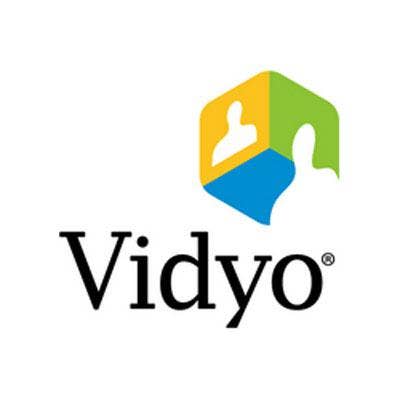
Vidyo
Videoconferencing upstart Vidyo has hit milestone after milestone in 2011, from the closing of a $22.5 million round of Series D financing in September to the launches of VidyoPanorama and VidyoMobile, its multi-screen telepresence and mobile device options, to the hiring of some of the video industry's most practiced channel hands, including Jim Fairweather, former vice president, worldwide sales for HP's Video Collaboration Unit. Will it continue to have partner and the customer wins to show for its good notices and strong buzz?

Huawei
Talk about a networking channel wild card. Huawei, the $28 billion Chinese telecom equipment giant with minimal penetration into North America, formally declared entry into the U.S. enterprise networking market this fall, complete with a partner program. If all goes according to plan, Huawei will do 100 percent of its U.S. enterprise sales through channel partners, and nail North America success that has been remarkably elusive for such an established international brand.

Certeon
Karl Soderlund, Certeon's former senior vice president, worldwide sales and business development, may have departed the company for Avaya, but that shouldn't slow Certeon's channel momentum, which has thus far been defined by aggressive incentives for partners and a guaranteed 20 percent margin on qualified deals. Couple that with a good technology story -- Certeon's aCelera WAN optimization and acceleration is 100 percent virtualized and also hardware- and hypervisor-agnostic -- and it's a recipe for probable channel success.

Interactive Intelligence
UC and collaboration vendor Interactive Intelligence has about 300 global partners, and is no rookie, but has continued to step up its channel recruitment efforts and win partner loyalty with good old fashioned word of mouth. Earlier in October, the company launched Quick Spin, essentially a free trial version of its CaaS platform and something that should provide extra incentive for solution providers wanting a "try me out" option for customers looking at hosted and cloud-based communications but wanting a risk-free, cost-free test drive of how a CaaS platform works.

BurstPoint Networks
Video content management has become an adjacent opportunity for video and telepresence specialists, especially those solution providers wanting to offer a way to easily convert enterprise video content for seamless management and distribution. Enter BurstPoint Networks, which looks to solve the problem of how different technologies, different endpoints and different video codecs make managing, manipulating and streaming video content a big challenge for many enterprises. The hook is that channel partners can offer a value-added sell that extends and expands upon what customers already have for video infrastructure.
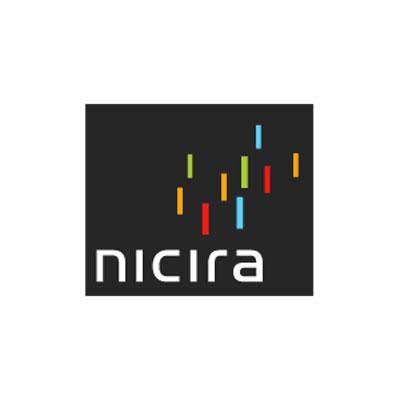
Nicira
Nicira hasn't yet detailed much of anything related to how it will conquer the networking space -- let alone a partner program -- so calling it an emerging channel player is shaky at best. But the buzz around Nicira as a network virtualization startup has seen a steady crescendo, especially as it attracts big names from the likes of Cisco, Juniper, VMware, Palo Alto Networks and other companies, and has $40 million in funding to prop it up. There might be a serious new contender in the network virtualization space when Nicira emerges from stealth mode. Here's hoping it embraces the channel community right away.